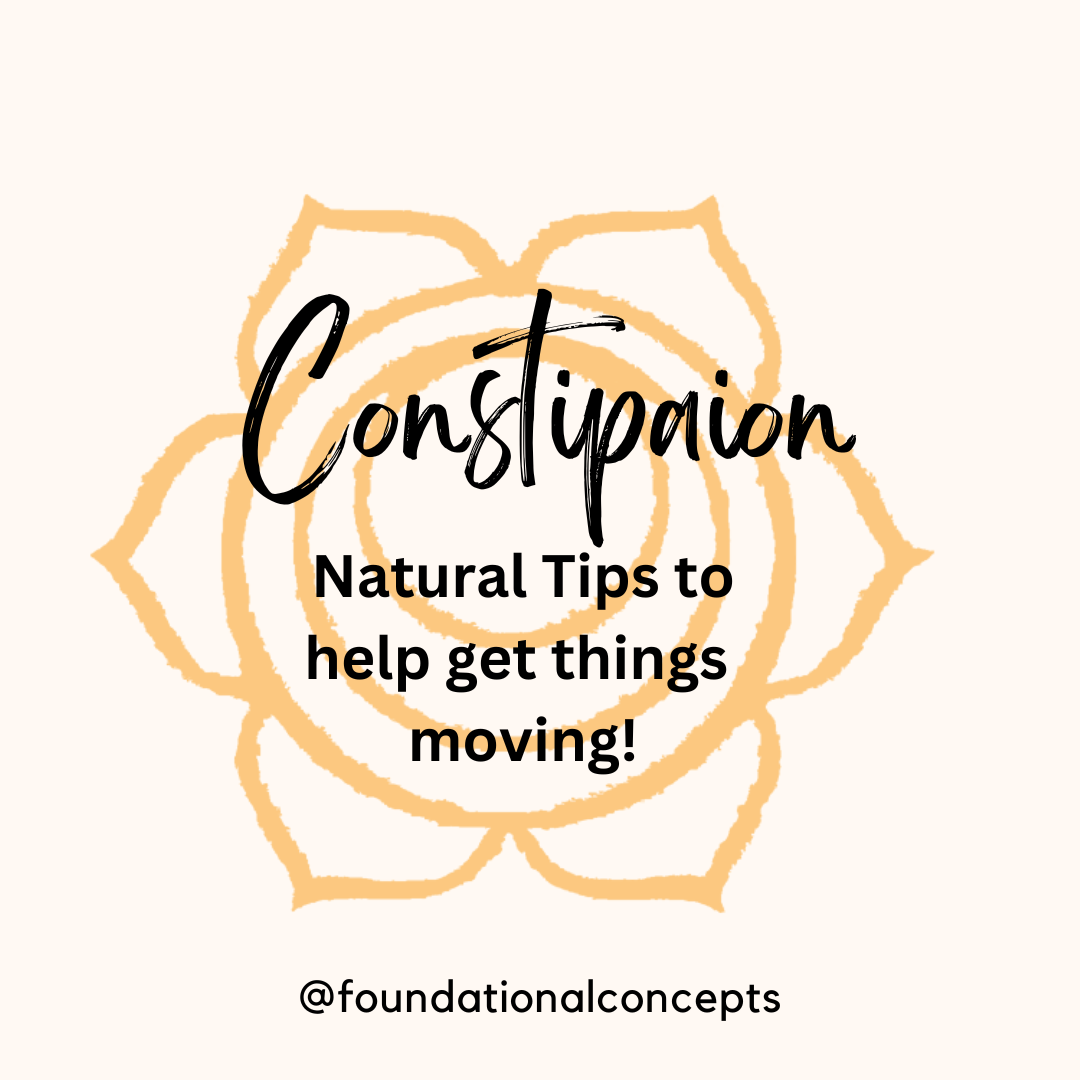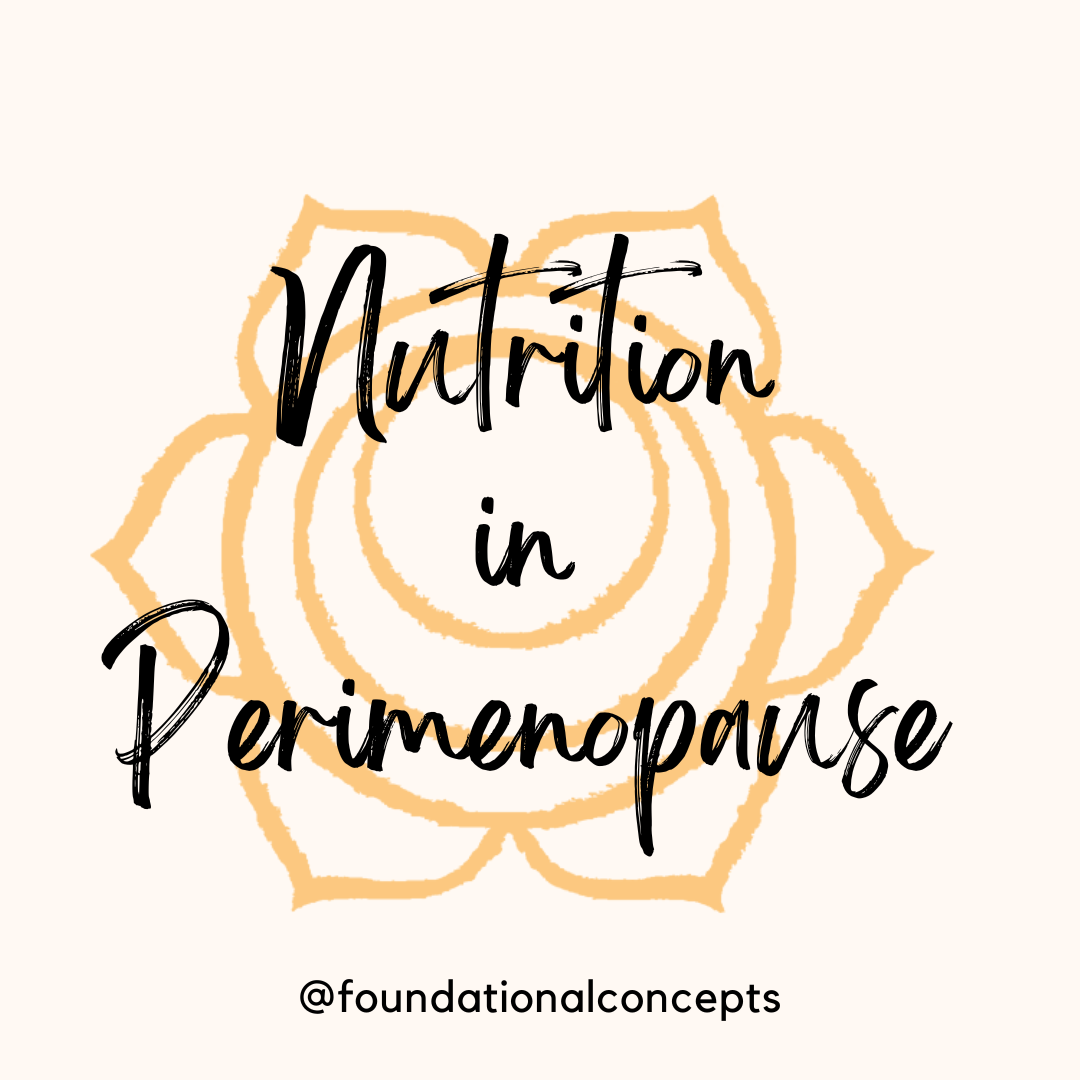Nutrition plays such an important role in our pregnancies and post-partum periods. Breastfeeding requires time…

Are Your Vulvovaginal Concerns Normal? Yes!
We have all been there before – seeing, smelling, or feeling something on our vaginal tissues and thinking “Is THAT normal!?”. The topic of changes in our vaginal tissues, secretions, and smells isn’t exactly common dinner conversation and it’s easy to feel embarrassed and alone, left to wonder if our normal is truly “normal”. Let’s discuss some common vulvovaginal concerns, what is normal, and when it may be time to see a physician.
Vaginal Dryness and Pain
First, let’s talk about vaginal dryness and pain. Healthy vaginal tissues should not be painful. If you are experiencing recurrent vulvovaginal pain and irritation, make sure to discuss your concerns with your physician. Varying levels of dryness are expected with changes in hormone levels that may occur with menopause, birth control use, lack of menstrual periods due to low birth weight, and breast feeding. Other non-hormone related changes in vaginal tissue moisture include: bathing with too hot or too harsh of soap, exposure to skin irritants or allergy, and chronic conditions such as high blood pressure and diabetes. 100% coconut oil can be used to moisturize dry vaginal tissues and may provide relief of symptoms. If symptoms persist, be sure to discuss them with your physician.
We All Have a Unique Scent
At some point in time, almost every woman has been concerned about unpleasant odors associated with her vaginal secretions, but may be embarrassed to admit to health care providers due to a belief that odor is associated with poor hygiene. The truth is, inadequate washing is almost never the culprit of unpleasant vaginal odors. It is also important to realize that every woman has unique scent, and we are all very sensitive to our own, which may be undetectable by others. If you are noticing that your scent is becoming bothersome to you or your partner, it may be beneficial to consider other factors that may contribute to vaginal odor, such as sweating (yes, your genital area has sweat glands!), or a recent change in vitamins or pills. If unpleasant vaginal odor cannot be attributed to any of these factors, it is beneficial to schedule an appointment with a health care provider to rule out infections such as bacterial vaginosis, yeast infections, and trichomonas. It is especially helpful to describe what the smell is, when it occurs, and to go to your appointment when the odor is present without utilizing vaginal sprays or douching in attempts to mask the vaginal odor. It is important for your physician to be able to smell the odor to help formulate a diagnosis!
Itching
Last but not least, let’s talk about itching. Vulvovaginal itching is an uncomfortable problem that most women have experienced at some point in their life, causing them to run to the pharmacy in a rush for a tube of over-the-counter antiyeast cream. Unfortunately, almost every issue that arises in the vulvovaginal area presents with itching, and in some cases, antiyeast creams can worsen the condition.
While itching is often quickly attributed to a yeast infection, it can also be from several other factors such as: tight clothing, bathing with too harsh of soap or too hot of water, skin irritants such as marketed fragranced “feminine” products, allergies, skin disorders, low estrogen, pinworms, vulvar skin cancer and precancer, and vaginal infections. As you can see, there are several different causes of vulvovaginal itching aside from yeast infections and when antiyeast creams are taken when a yeast infection is not the root cause, symptoms can actually worsen as the antiyeast cream alters the natural balance of yeast in the vagina.
If a woman experiences vaginal itching and suspects she has a yeast infection, it is recommended that she trial only one round of over-the-counter antiyeast cream. If the itching persists, an appointment with a physician should be made to get to the root cause of the itching.
Time To See A Doctor
Okay, I need to go to the doctor. Now what?
- Take notes of your symptoms – when do you notice them, how long has the condition been going on
- Attempt to go to your appointment when your symptoms are present
- Do not try to mask symptoms with antiyeast creams, vaginal sprays, or douching (remember – you never need to douche!)
What are some practices to keep my vulvovaginal skin happy and healthy?
- Wearing white, cotton underwear that do not bind in the groin
- Gentle soaps including: Dove bar soap, Basis, Neutrogena
- Soft, unscented white toilet paper – no toiletries on the vulva
- Tampons and pads that are the right size for the amount of flow
- Loose, baggy sweatpants for exercising
- No douching
Hopefully this blog helped to shed some light on common vulvovaginal complaints and concerns. As always, if your symptoms persist or become more bothersome, be sure to discuss them with your health care provider.
Resources:
Stewart, E. G., & Spencer, P. (2002). The V book: A doctors guide to complete vulvovaginal health. New York: Bantam Books.



